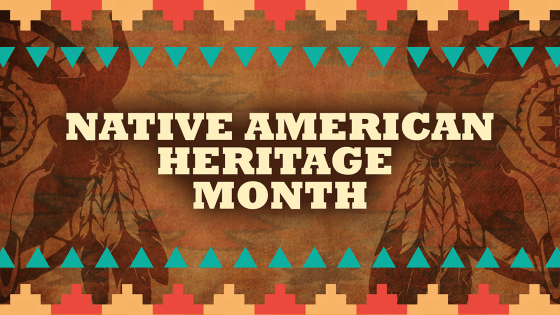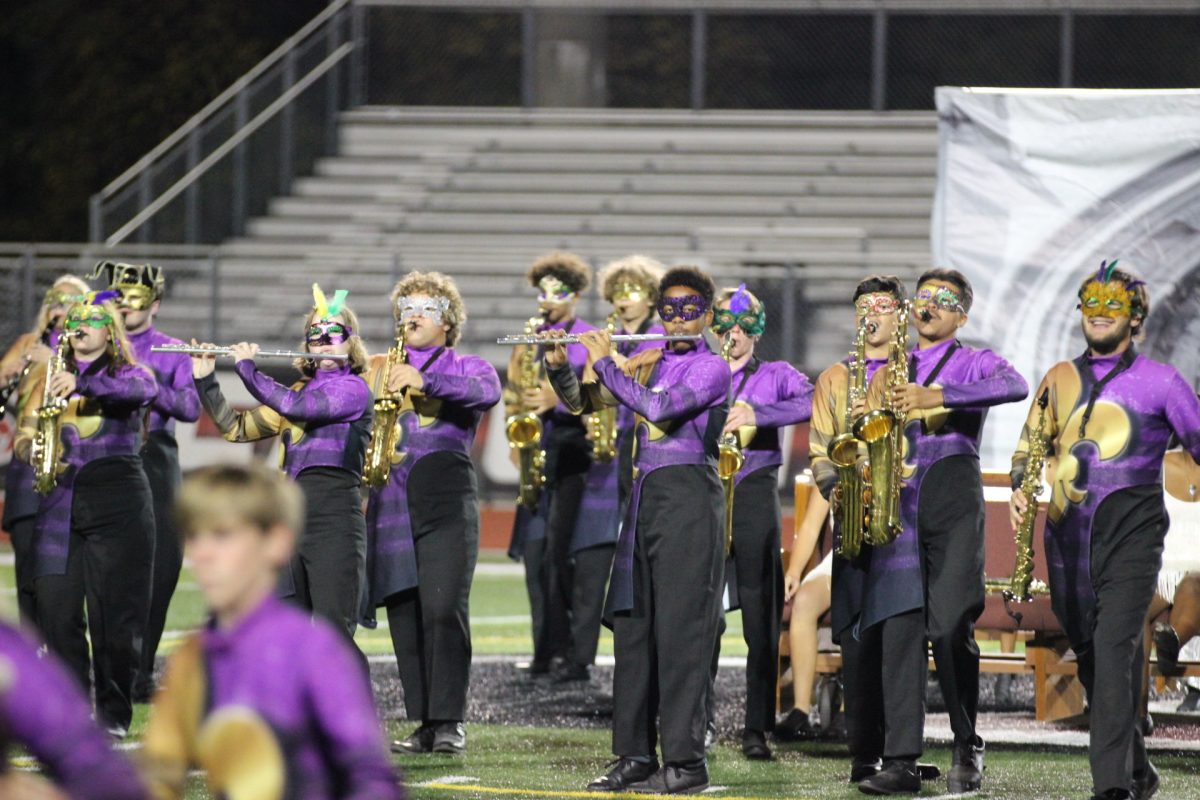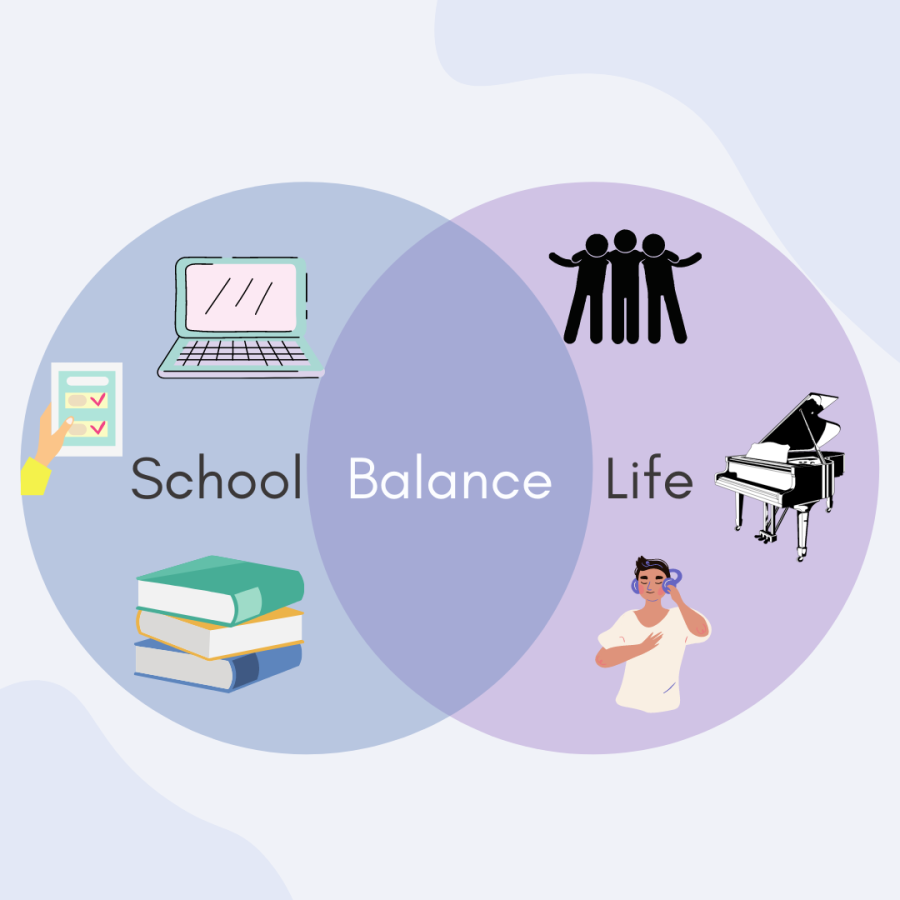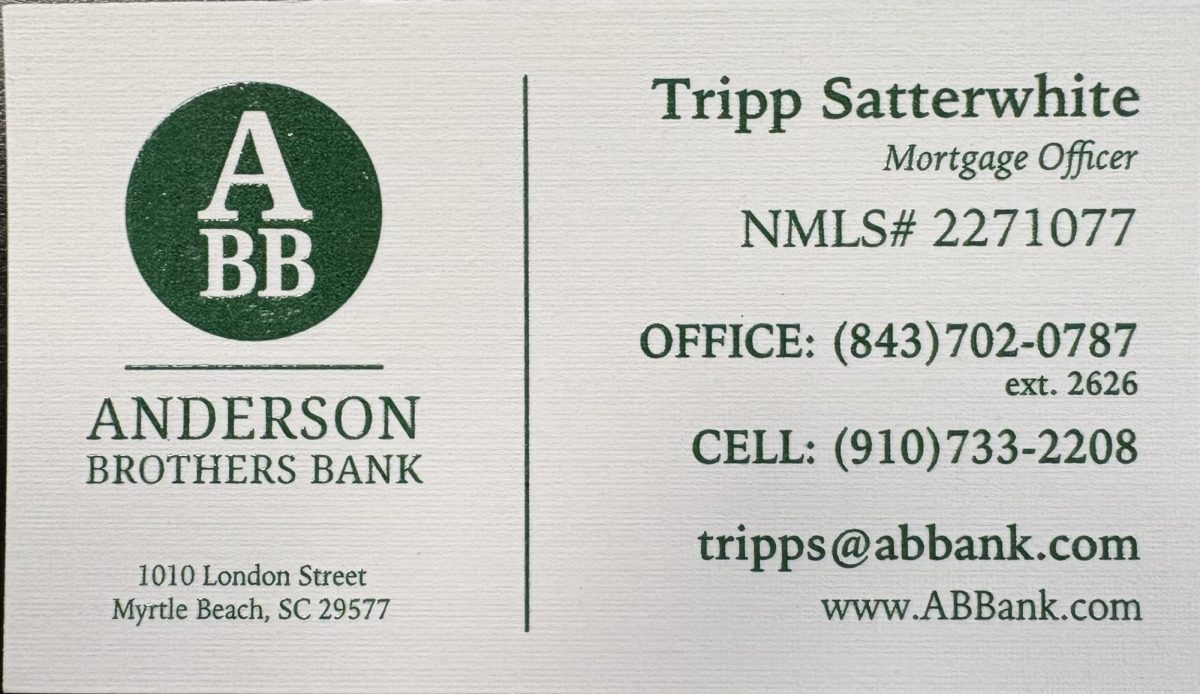Native American Heritage Month

November 4, 2022
Throughout the United States, the month of November is recognized as Native American Heritage Month. In 1990, Congress passed and George H.W. Bush signed into law a joint resolution designating November as Native American Heritage Month. The month is used as a time to recognize the culture, traditions, and history surrounding Native Americans and their way of life then and now. During Native American Heritage Month, educators have the opportunity to incorporate Native American music as well as current and historical events. Historically, Congress chose the month of November because it was typically the end of harvest season.
A Native American tribe is recognized as a sovereign nation within the United States. The tribes have their own government and are not required to pay the United States federal income tax yet pay the state income tax. By being a sovereign nation, the Native American tribes are not required to follow state laws but are required to follow the federal laws. Across the United States there are 574 federally recognized tribes in48 states and 326 reservations. Within South Carolina, there is only one federally recognized tribe, Catawba, but there are eight tribes and three groups that the state of South Carolina recognizes.
Carolina Forest senior and Ponca Native Jewel Kemble commented, “Being Native American has impacted my life in both positive and negative ways. Positivity, because I know that being a Ponca Native is a beautiful thing but on the negative side because Natives can face discrimination just like other people of color.”
During colonization, Native Americans were often enslaved or forced to be indentured servants while having their land and rights stripped away by the colonists. They were displaced from their land, ridden with disease, and slaughtered as the colonists discovered the “new world.” By celebrating Native American Heritage Month individuals are able to become more aware of both the positive and negative history surrounding colonization.
Some ways our society can bring more awareness to Native American Heritage Month include the following: listening Native American artists, supporting Native businesses, and attending local pow wows in your community.
Kemble also shared, “I think Native American Heritage Month is important because it is vital that people learn about the history and issues of the first people in this country. I also believe it’s extremely important to teach and celebrate the contributions of Native Americans.”
As Thanksgiving approaches, remember to take time to think about the contributions Native Americans had in early American history and be more respectful of their present day traditions and culture.
Images by Google



































